Renewing a driver’s license is a routine task for many—but for senior citizens in North Carolina, there are specific considerations to navigate in 2025. Whether you’re renewing for the first time as a senior, adapting to updated regulations, or navigating health-related documentation, this comprehensive guide will walk you through every detail. From timelines and forms to vision tests and alternatives, you’ll find everything you need for a smooth renewal process.
Who Is Considered a Senior in North Carolina?
In the context of driver’s licensing, North Carolina does not set a specific age threshold where you’re officially a “senior.” However, once you turn 66, certain rules and accommodations come into effect—such as more frequent vision checks. Typically, those aged 66 and older should be aware of these age-based policies, though you may encounter them earlier if requested by the Department of Motor Vehicles (DMV) due to health or driving records.
Renewal Frequency and Deadlines in 2025
In 2025, the renewal cycle for North Carolina driver’s licenses remains every eight years. Yet, for drivers 66 and older who show vision concerns or other health issues, a shortened renewal period—often every six years—may apply.
-
Typical Renewal Schedule: Every eight years
-
Seniors with Restrictions: Possible six-year renewal cycle
-
Early Renewal: Begins up to 180 days before your current license expires
-
Grace Period: There is a 60-day grace period after your expiration date to renew without late fees, but driving with an expired license during this time is not permitted.
Vision Testing Requirements
Vision is the most common reason for license renewal issues among seniors. The North Carolina Highway Patrol mandates an eyesight test for every renewal. In 2025:
-
Minimum Standards: At least 20/40 vision in one eye, binocular vision must also meet this standard.
-
With Correction: Glasses or contact lenses are acceptable.
-
Fail to Meet Standard?: You’ll need an ophthalmologist’s statement verifying impairment and recommending corrective measures—which may include restriction codes on your license (e.g., “B” for corrective lenses, “G” for daylight driving only).
Medical Certification: When It’s Needed
General good health isn’t a requirement for license renewal, but medical evaluations may be necessary in certain cases:
-
Diabetes: If insulin-dependent and prone to hypoglycemia, medical clearance may be necessary.
-
Neurological Conditions: Diseases like Parkinson’s, epilepsy, or dementia may trigger further evaluation.
-
Cardiac Issues: Fainting, arrhythmias, or pacemaker use could require physician certification.
-
Upon DMV Request: If your driving record shows incidents like accidents caused by health factors, the DMV may request a physician’s statement confirming safe driving ability.
In-Person vs. Online Renewal
North Carolina offers two main renewal options: online and in-person.
-
Eligibility for Online Renewal:
-
Age below 66, or seniors whose last renewal vision test was passed, and whose license has all standard codes.
-
Must renew within 180 days and not during the 60-day grace period.
-
Must have valid Social Security and be NC residents.
-
-
In-Person Renewal Required If:
-
You’re 66+ and due for re-evaluation, or the DMV requests additional documentation.
-
You have a license restriction (like corrective lenses).
-
You need a photo update or identification document correction.
-
Online renewals can be done through the North Carolina DMV website, with a valid payment method and camera-enabled ID scanning. In-person renewals happen at local DMV offices scattered across Charlotte, Raleigh, Greensboro, Asheville, and beyond.
Fees and Accepted Payment Methods
The renewal fee in 2025 for an 8-year license is typically $40. You may owe an additional $10 if you’re on a 6-year cycle due to vision concerns or restrictions.
-
Accepted Forms of Payment:
-
Cash (in-person only)
-
Debit or credit card
-
Money orders, certified checks
-
NO personal checks accepted
-
If You Miss Your Renewal Deadline
Let’s say your license expired on May 1, 2025—you can legally renew without penalty until June 30 (inside the 60-day grace period). After that, expect late fees and be prepared to retake vision tests upon renewal. Driving post-June 30 with an expired license would be considered illegal until it’s renewed.
Updating Address and Personal Information
During renewal—whether online or in-person—you should update your address if you’ve moved. NC law requires drivers to notify the DMV within 60 days. The best way:
-
Online: Through DMV’s driver portal
-
In-Person: Fill out DMV Form DL-123 for change of address
Special Programs for Seniors
North Carolina offers senior-centered driving alternatives to maintain independence and safety:
-
Volunteer Driver Services: Local nonprofits (like those in Chapel Hill, High Point, Wilmington) offer rides for medical, shopping, or social visits.
-
Senior Transit Programs: Urban and suburban transit systems in cities such as Winston-Salem and Durham provide discounted fares.
-
DMV’s “Safe Alternative Transportation” guidance: Helps seniors assess the right time to stop driving and plan next steps.
When You Might Need a Driver’s License Reevaluation
Renewal isn’t the only point of contact with DMV. Seniors might need reevaluation when:
-
A healthy spouse has had a serious health event and you’re the main driver
-
You’ve had a crash without fault, triggered by a medical episode
-
Court directives require a medical/safe driving evaluation
-
Concerned family members can petition DMV for an evaluation
Restricted License Options
If you have vision or health-related limitations, NC allows license modifications via restricted licenses:
-
“B” Restriction: Requires corrective lenses while driving
-
“F” Restriction: Limits to daylight hours only
-
“W” Restriction: Requirement for hearing devices
-
Custom Combinations: Issued based on physician statement (e.g., glasses + daylight only)
These restrictions aim to keep you mobile while ensuring safety.
Advanced Planning: What to Prepare Before Renewal
-
Valid NC driver license number
-
Up-to-date mailing address
-
Comfortable procedure for vision test
-
Credit/debit card or money order for fees
-
Physician’s note, if applicable
-
Backup transportation during renewal (especially if your renewal requires in-person wait times)
The Process: Step-by-Step Summary
Online Renewal (If Eligible):
-
Log into DMV “MyDMV” portal
-
Follow the renewal workflow online
-
Pay with a debit/credit card
-
Receive a temporary driving permit via email
-
Permanent license delivered by mail within 10–14 business days
In-Person Renewal:
-
Visit your local DMV branch
-
Complete vision screening onsite
-
Provide any required medical or vision documentation
-
Verify identity and address
-
Pay fees
-
Take a new photo
-
Get a temporary license then receive permanent one by mail
Common Senior Renewal FAQs
-
Can a senior renew earlier than 180 days before expiration?
No—renewals start 180 days before your expiration date; attempts before that will be rejected. -
What if I can’t pass the vision test?
You’ll need a written statement from an ophthalmologist and may face restrictions (e.g., requiring glasses, daylight-only driving). -
What does the DMV do with physician statements?
They evaluate and determine whether a restricted license is safe, or withdrawal is necessary. -
Can my adult children help with the process?
Yes, they can assist in gathering paperwork and online account setup, but the senior must sign all forms. -
What about Real ID?
Beginning May 2025, North Carolina-compliant Real IDs are needed for federal air travel and entering federal facilities. During your license renewal, you’ll have the option to upgrade by providing required documentation (proof of identity, Social Security, two residency proofs).
Travel and Healthcare-Related Considerations
-
Hospital Visits or Eye Surgery?
If undergoing cataract or laser surgery during renewal time, coordinate with your surgeon—typically, you’ll need a post-op physician statement declaring you are fit to drive again. -
COVID/Pandemic-related Exceptions?
While pandemic waivers have largely concluded, some remote testing accommodations for seniors remain. Ask your local DMV if special provisions still apply.
Vision Health: Driving Safely at 70, 75, or 80+
Statistics show older driver crashes disproportionately occur at intersections or nighttime. To stay ahead:
-
Schedule annual eye exams with dilated screenings
-
Update glasses regularly; consider anti-glare or transition lenses
-
Enroll in local senior traffic safety workshops (offered by AAA or AARP NC)
-
Use center-lane mirrors and dashboard visibility aids
Alternatives to Driving
If declining health or restrictions affect your license status, these alternatives help keep mobility intact:
-
Rideshare: Uber and Ola operate in Charlotte, Raleigh, Durham, and Fayetteville.
-
Community Ride Services: Municipalities often offer door-to-door rides for seniors.
-
Public Transportation: In Greensboro, transit fares are discounted for those 65+.
-
Paratransit Services: ADA-compliant transport for those with mobility disabilities.
Spotlight on Cities: Renewal Processes Across North Carolina
Charlotte–Mecklenburg:
-
8 full-service DMV centers;
-
Average in-person wait is about 30 minutes;
-
Vision screening performed onsite at each center.
Raleigh (Wake County):
-
Three major DMV branches with standard renewal;
-
Online waitlist helps manage timing;
-
Real ID materials available at each location.
Asheville (Buncombe County):
-
Regional office handles renewals and vision exams;
-
Local agencies coordinate driver safety workshops in partnership with AARP.
Greensboro:
-
Seniors benefit from parallel driver renewal kiosks;
-
Transit passes for senior riders are sold alongside renewals;
-
Triad AAA sponsors driver safety events.
Staying Informed: Regulatory Changes in 2025
-
Real ID Compliance: Mandated for federal travel after May 2025
-
Vision Minimums: No change to 20/40 requirement, but stricter enforcement
-
Telehealth Physician Statements: Increasingly accepted, often submitted digitally to DMV
-
Alternative Credentialing: DV licensees with medical impairments may access tele-renew options
These changes reflect North Carolina’s commitment to safe, modern renewal processes.
Making the Decision to Stop Driving
Seniors often grapple with when to retire from driving for good. Warning signs include:
-
Consistent difficulty reading traffic signs or lights
-
Reduced ability to judge distances in traffic
-
Trouble turning head to check blind spots
-
Frequent “close calls” or fender benders
-
Feedback from friends or family about unsafe driving behavior
State agencies encourage family conversations, physician advice, and exploring non-driving options before deciding.
Planning Ahead: Staying Mobile Long-Term
Even after stopping driving, staying connected to community and essential services is possible through:
| Mode | Description | Availability |
|---|---|---|
| Public Transit | Buncombe County buses, Triad Transit, CATS in Charlotte | Most urban/suburban areas |
| Volunteer Drivers | Provided via local nonprofits and faith-based organizations | Raleigh, Asheville, Wilmington |
| Rideshare Discounts | Companies offer senior packages | Charlotte, Raleigh, Greensboro |
| Senior Community Shuttles | Retirement communities often provide scheduled shuttle services | Throughout NC |
Senior Advocacy and Resources
-
AARP North Carolina: Offers specialized guides and free workshops
-
North Carolina Division of Aging and Adult Services (DAAS): Provides mobility assistance and long-term support
-
Local Departments on Aging: Coordinated driver assistance, workshop listings, and ride-share programs
-
National Resources: AAA Driver Improvement Courses tailored for older drivers—often available for classroom or online formats
Year-By-Year Renewal Checklist
| Age | Task Checklist |
|---|---|
| 64‑65 | Standard renewal; consider Real ID upgrade |
| 66 | Prepare for possible shortened renewal cycle; schedule eye exam early |
| 68‑70 | Check if volunteer drive options are needed |
| 71‑75 | Reevaluate vision regularly and maintain physician documentation |
| 76+ | Consider license restrictions or retirement from driving; explore alternatives |
Summary
Renewing your driver’s license at an older age in North Carolina doesn’t have to be complicated. With proper preparation—vision exams, up‑to‑date documents, and awareness of online vs in-person options—you can confidently navigate the process. North Carolina’s DMV and support organizations understand the unique needs of senior drivers and offer tools to help you remain active, connected, and mobile.
Whether you intend to drive for years to come or are planning a transition to alternative transportation, staying informed and prepared ensures your safety and well‑being in 2025—and beyond.
Final Thoughts
Your driver’s license is more than a piece of plastic—it’s a symbol of freedom and independence. As you move through your senior years in North Carolina, armed with knowledge and planning, you can renew that sense of freedom responsibly. From vision screenings to Real ID upgrades to ride-share options, the tools are there to help you stay mobile or move forward with confidence when it’s time to stop driving.
Here’s to a safe, empowered, and well-planned journey on North Carolina roads in 2025!

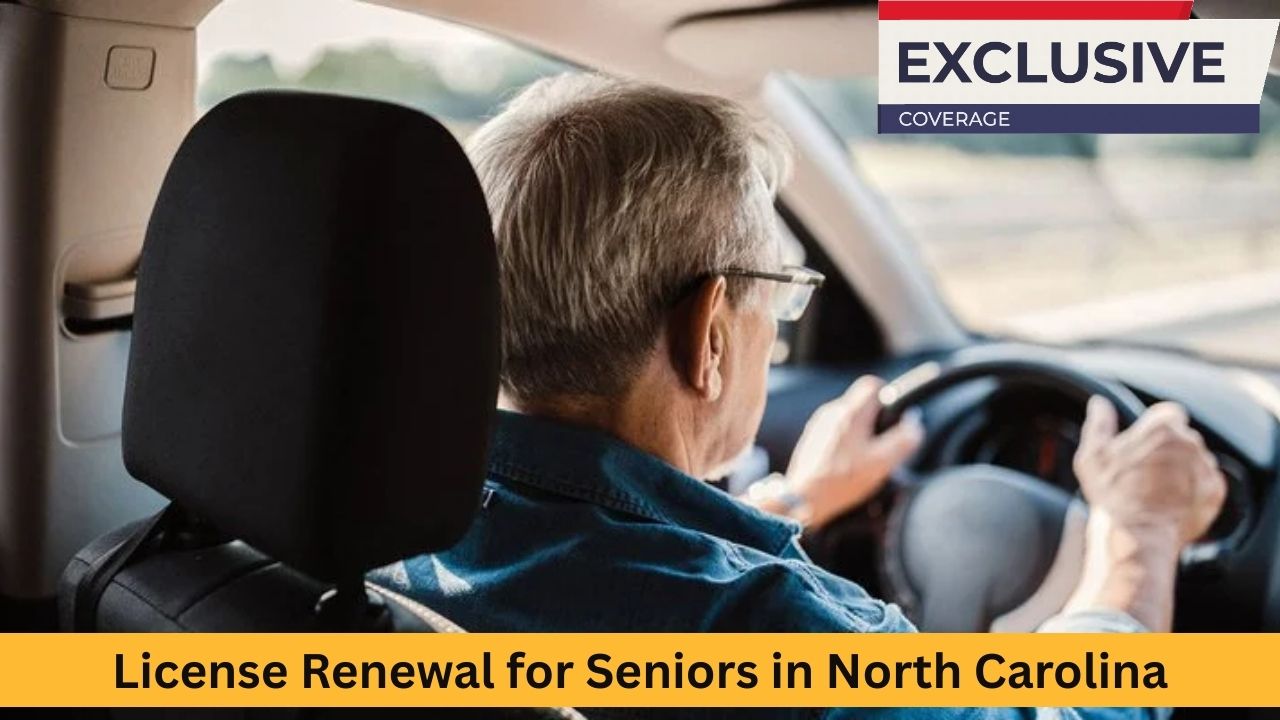


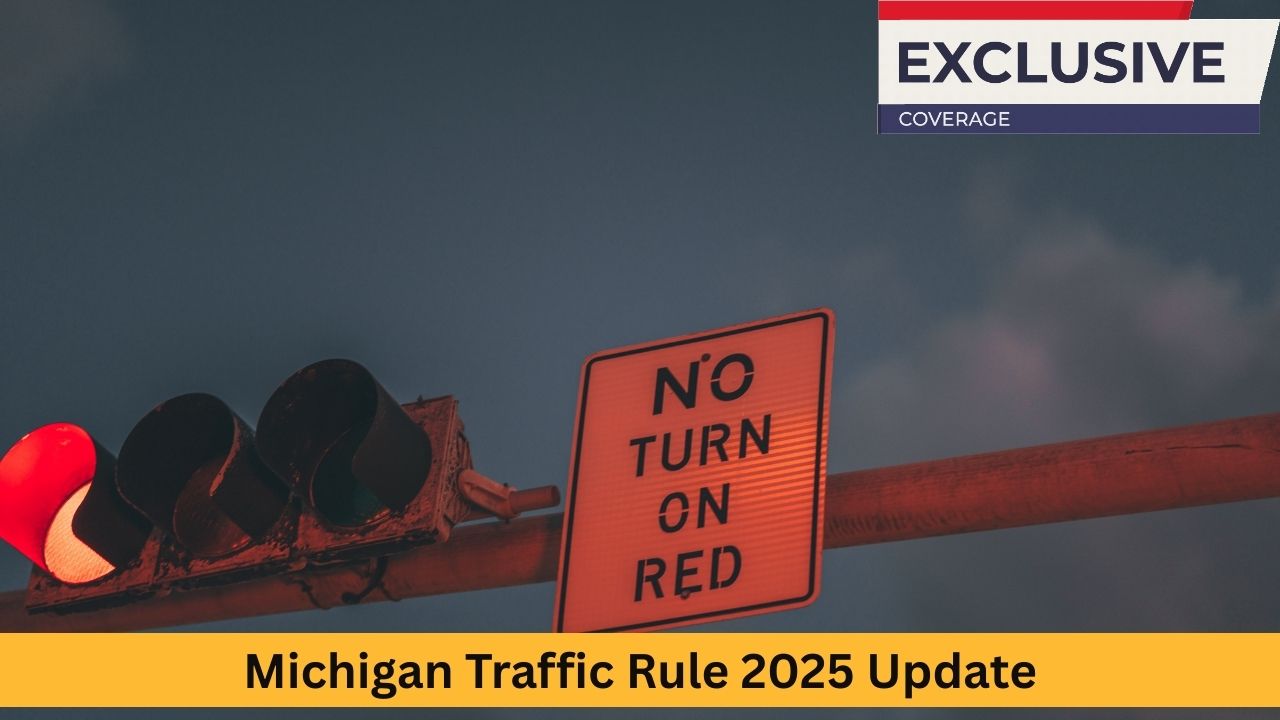

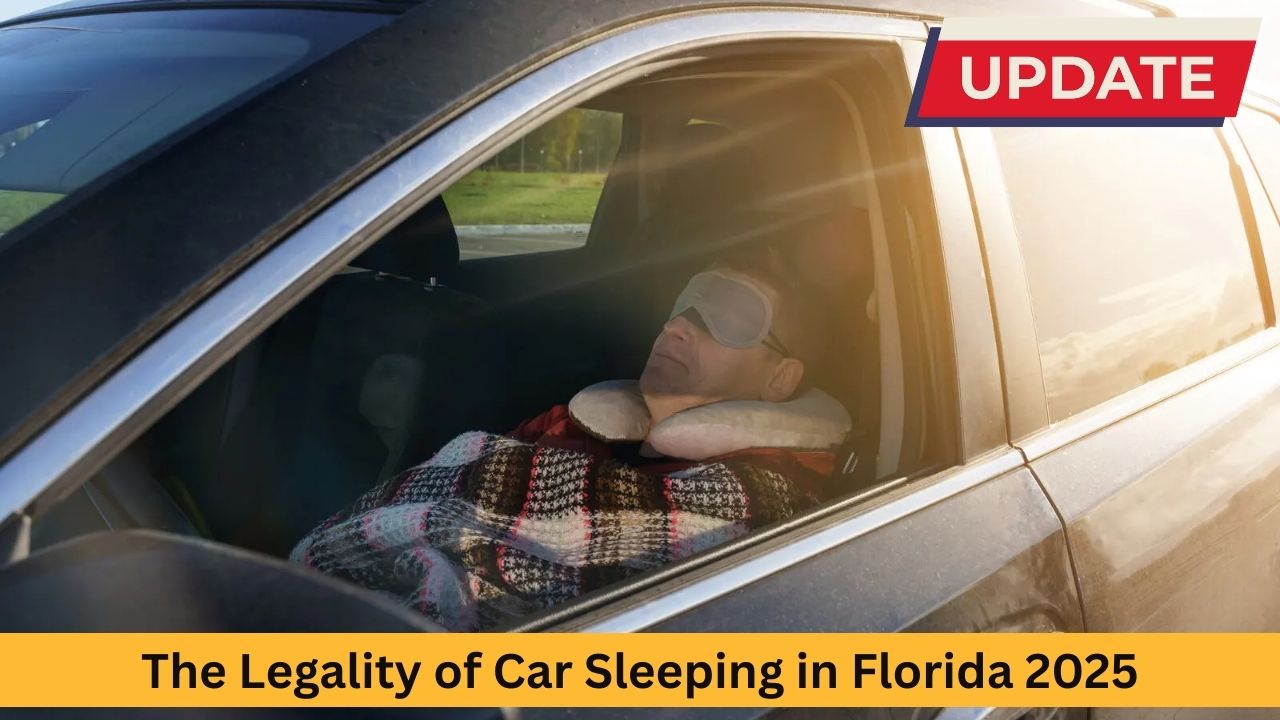

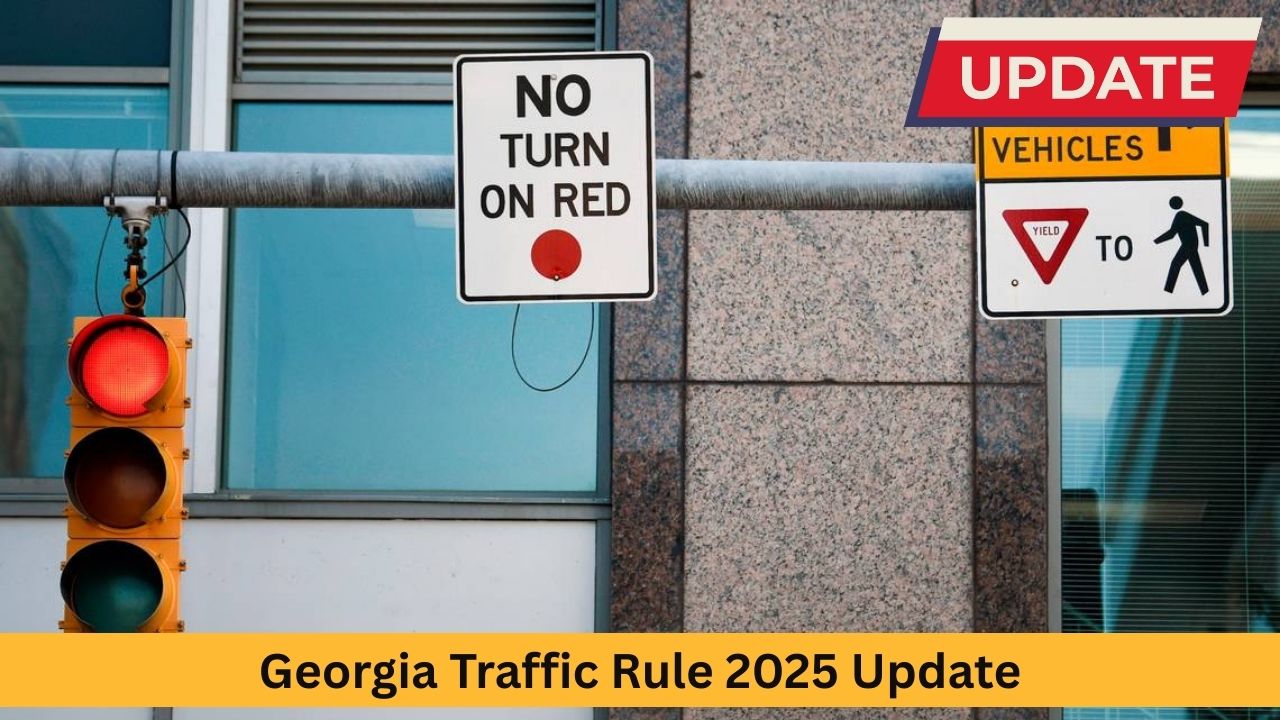
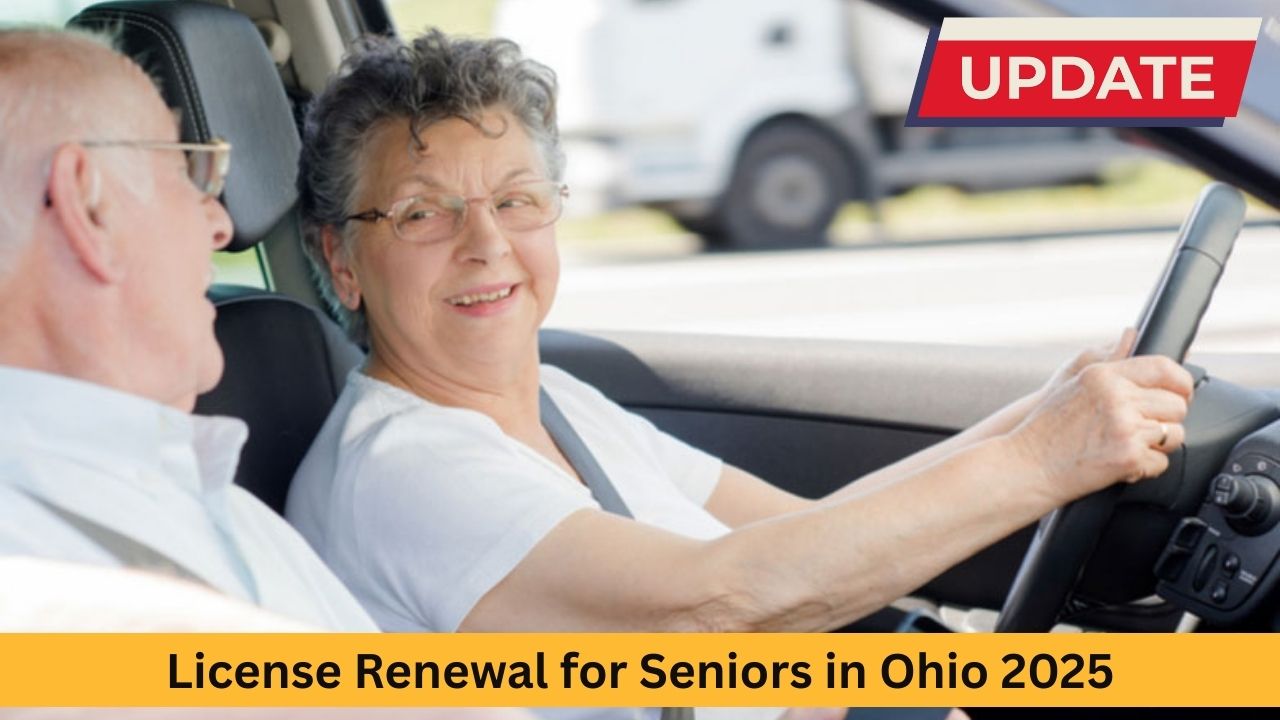


Leave a Reply